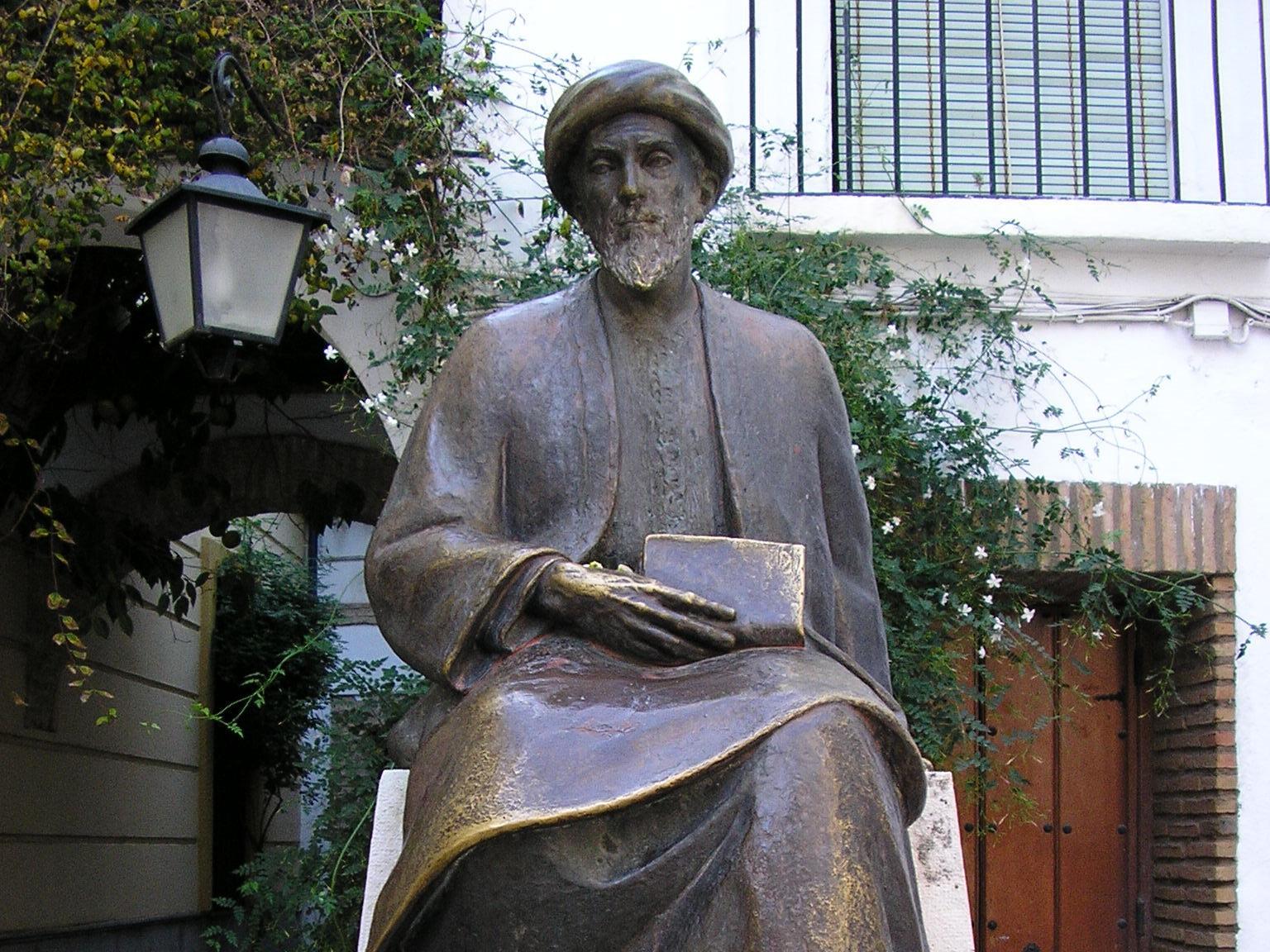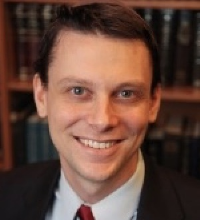HUMS 369, Modernities: Maimonides and Postmodernism

Course Description:
This is an intellectual history seminar for advanced undergraduates, combining Judaic Studies and European intellectual history. This course juxtaposes the thought of the medieval Torah scholar Maimonides (1138-1204) with the postmodern philosophy developing from the 1960s through the present day. We explore the questions of the possibility of a stable subject, stable meaning, stable truth. What kind of continuity of the “I” is needed in order for the I to bear responsibility?
Led by:
|
|
Professor Marci Shore teaches European cultural and intellectual history. She is the author of The Taste of Ashes: The Afterlife of Totalitarianism in Eastern Europe (Crown, 2013), Caviar and Ashes: A Warsaw Generation’s Life and Death in Marxism, 1918-1968 (Yale University Press, 2006) and the translator of Michal Glowinski‘s Holocaust memoir The Black Seasons (Northwestern University Press, 2005). Her newest book is titled The Ukrainian Night: An Intimate History of Revolution Yale University Press); she is also at work on a longer book project titled Phenomenological Encounters: Scenes from Central Europe. Among her articles and essays are “Czysto Babski: A Women’s Friendship in a Man’s Revolution” and “Engineering in the Age of Innocence: A Genealogy of Discourse Inside the Czechoslovak Writer’s Union, 1949-1967,” in East European Politics and Societies; “Children of the Revolution: Communism, Zionism, and the Berman Brothers” in Jewish Social Studies; “Conversing with Ghosts: Jedwabne, Zydokomuna, and Totalitarianism” in Kritika: Explorations of Russian and Eurasian History; “Tevye’s Daughters: Jews and European Modernity” in Contemporary European History; “When God Died: Symptoms of the East European Avant-Garde-and of Slavoj Zizek” in Slovo a smysl/Word and Sense: A Journal of Interdisciplinary Theory and Criticism in Czech Studies; and “Man liess sie nicht mal ein paar Worte sagen,” in the Frankfurter Allgemeine Zeitung, “(The End of) Communism as a Generational History” in Contemporary European History; “‘If we’re proud of Freud…: The Family Romance of Judeo-Communism” in East European Politics and Societies; (Modernism in) “Eastern Europe” in The Cambridge Companion to European Modernism; “On Cosmopolitanism and the Avant-Garde, and a Lost Innocence of Mitteleuropa” in Utopia/Dystopia; “Narcissism and Its Discontents” in European Studies Forum; and “Can we see ideas? On evocation, experience, and empathy” in Modern European Intellectual History. |
 |
Rabbi Jason Rubenstein is the second Howard M. Holtzmann Jewish Chaplain at Yale. A native of Washington, D.C., and a proud product of Temple Micah, Jason is shaped by two years of study at Yeshivat Ma’ale Gilboa and holds rabbinic ordination at the Jewish Theological Seminary. For the eight years prior to joining the Slifka Center, Jason taught on the faculty of the Hadar Institute, where he also served as Dean of Students and Alumni. In addition to rabbinic ordination, Jason holds an AB in Social Studies from Harvard College and a Masters in Talmud from JTS. He is also the recipient of numerous awards including the Wexner Graduate Fellowship and the Covenant Foundation’s 2015 Pomegranate Prize for Emerging Educators—and an avid cyclist and mediocre-but-devoted chess player. Jason’s intellectual work focuses on constructive Jewish thought that takes the fullness of human experience—love and hatred, loss, mortality, fear and hope, caring and betrayal—as the framework for which to form and reform categories of revelation, miracles, prayer, the afterlife, and obligation. Currently Jason is working on developing a queer reading of Maimonides’s Guide for the Perplexed. |
